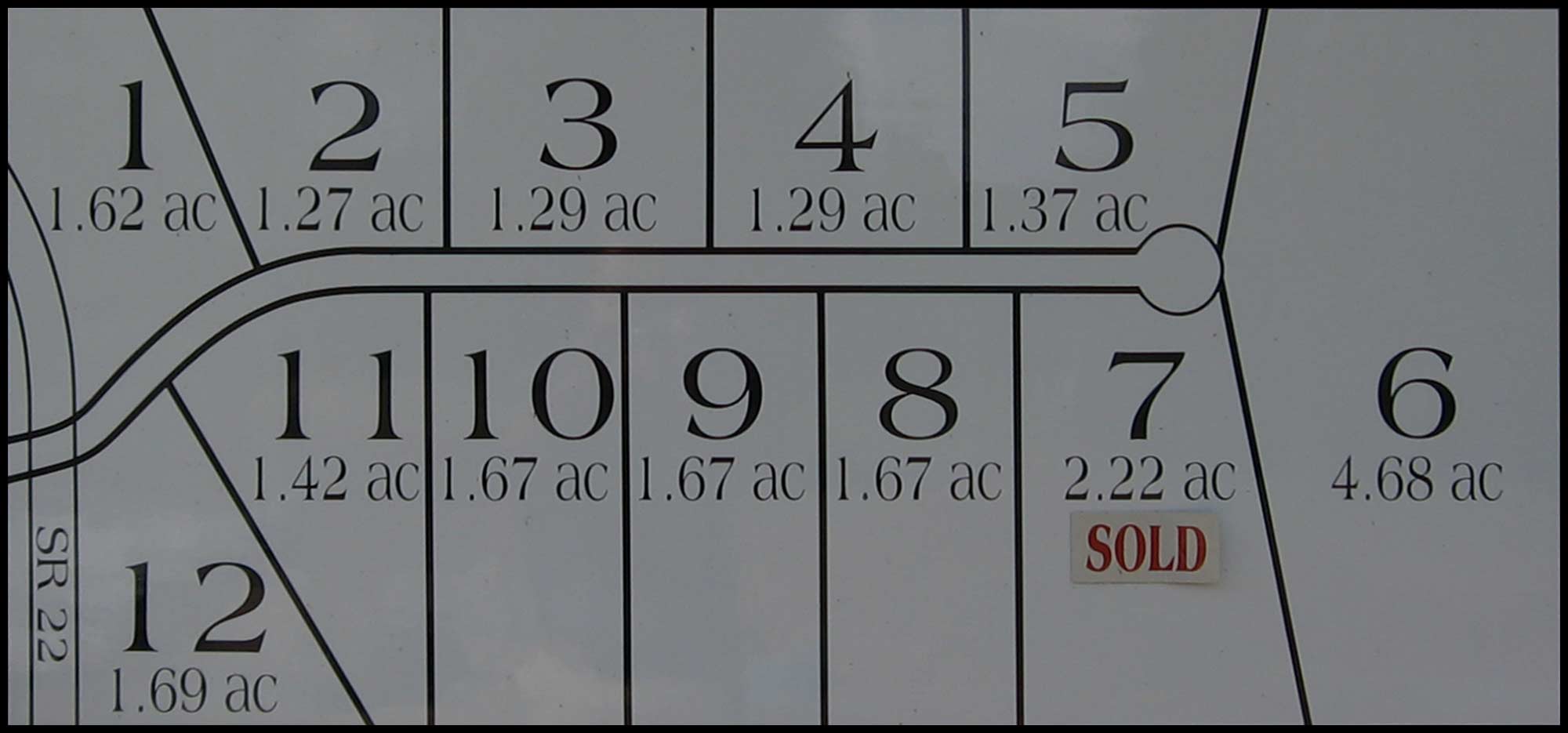Sale In Lots Meaning
- Sale In Lots Meaning
- Sale In Lots Meaning Slang
- Sale In Lots Meaning Synonyms
- Sale In Lots Meaning Dictionary

Editor: Mark Heroux, J.D.
Sale In Lots Meaning
Definition of Land in the Definitions.net dictionary. Meaning of Land. What does Land mean? Information and translations of Land in the most comprehensive dictionary definitions resource on the web. Land, buildings, and things permanently attached to land and buildings. Also called realty and real property. Real estate is the modern term for land and anything that is permanently affixed to it. Fixtures include buildings, fences, and things attached to buildings, such as plumbing, heating, and light fixtures. Lots definition: great numbers or quantities Meaning, pronunciation, translations and examples. A property that has come back on the market after a pending sale. This means that the home fell out of escrow, perhaps due to contract issues, says Tania Matthews, an agent with Keller Williams. Lots synonyms, lots pronunciation, lots translation, English dictionary definition of lots. A lot or lots Informal a. A large extent, amount, or number: is in a lot of trouble; has lots of friends.
When real property is subdivided into lots and actively sold, the common result is that the gain on sale of the property is subject to ordinary income tax treatment. However, this may not always be the case under Sec. 1237. In certain situations, a taxpayer still may be able to claim capital gain treatment under the five- or 10-year rule, even if the taxpayer subdivides the real property into lots and actively tries to sell the parcels.
Five-year rule
To take advantage of this exception, the taxpayer must meet the following conditions (Sec. 1237(a)):

- No portion of the tract has ever been held for sale in the ordinary course of the taxpayer's business;
- No other real estate was held for sale to customers in the year of sale;
- No substantial improvements have been made on the tract that materially increased the value of the lot sold; and
- The property must have been owned by the taxpayer for five years, unless the taxpayer inherited it.
Most often, taxpayers do not qualify for capital gain treatment under the five-year rule because they do not meet the substantial improvement requirement. Substantial improvements include 'installation of hard surface roads or utilities such as sewers, water, gas, or electric lines' (Regs. Sec. 1.1237-1(c)(4)).
10-year rule
Under the 10-year rule, a taxpayer can still receive capital gain treatment even though improvements were made to the land. Under certain circumstances, a taxpayer can elect to have substantial improvements treated as necessary and not substantial if all of the following conditions are met (Sec. 1237(b)(3) and Regs. Sec. 1.1237-1(c)(5)(i)):
- The taxpayer held the property for 10 years;
- The improvements consist of the installation of water, sewer, or drainage facilities, or roads, including hard-surface roads, curbs, and gutters;
- The IRS is satisfied that the improvements were necessary and that without the improvements the lot's fair market value would be less than the prevailing price for similar building sites; and
- The taxpayer elects not to adjust the basis of the lot sold for the cost of those improvements as well as not to deduct any part of the cost as an expense.
Determining whether to make the election
At first glance, it may not seem beneficial to make the election to treat the improvements as not substantial since the taxpayer cannot include the cost of these improvements in the basis of the asset and cannot deduct the correlating cost as an expense. However, there may be a significant tax benefit to making this election in some circumstances:
- The taxpayer anticipates a sizable gain on the sale and also has a substantial capital loss (including carryovers) to minimize the potential tax liability on the capital gain; or
- There is a considerable difference in the taxpayer's marginal tax rates for ordinary income and capital gains, and the improvements are relatively low-cost compared with the lot's value.
Additional opportunities on making the election
Even if the property is subdivided and the parcels are sold off incrementally, Sec. 1237 allows a taxpayer holding unimproved property to maintain investor status and for the property not to be treated as held primarily for sale to customers in the ordinary course of the taxpayer's trade or business. Under this fact pattern, a couple of additional opportunities are available:
- The taxpayer can report the income using installment sale treatment under Sec. 453 since this provision applies to capital gain and not ordinary income inherent to real estate dealers. Under the installment sale treatment, the taxpayer can defer gain until installment payments are received; or
- The taxpayer can defer the gain under the like-kind exchange provisions of Sec. 1031 since it also does not apply to property that is considered inventory but instead to property that is deemed an investment (or held for productive use in a trade or business).
Rogers
In a recent Tax Court case, Rogers, T.C. Memo. 2018-53, the taxpayer argued that land transferred as a capital contribution to his business and then subsequently sold in subdivided lots should be taxed as capital gain income under Sec. 1237. While the court refused to address the issue because the taxpayer did not properly raise it, the court indicated it did not agree that Sec. 1237 would apply, because the taxpayer originally reported the revenues from the sale of lots as ordinary income and, contrary to the rules of Sec. 1237, included the costs of improvements in the basis of the lots. As the case suggests, the decision to apply Sec. 1237 on the sale of lots should be made before any lots are sold.
Overall, Sec. 1237 provides a tax planning opportunity, and if the appropriate conditions are met, it can generate substantial tax savings.
EditorNotes
Mark Heroux, J.D., is a principal with the National Tax Services Group at Baker Tilly Virchow Krause LLP in Chicago.
For additional information about these items, contact Mr. Heroux at 312-729-8005 or mark.heroux@bakertilly.com.
Unless otherwise noted, contributors are members of or associated with Baker Tilly Virchow Krause LLP.
A land contract — often described by other terminology listed below — is a contract between the buyer and seller of real property in which the seller provides the buyer financing in the purchase, and the buyer repays the resulting loan in installments. Under a land contract, the seller retains the legal title to the property, while permitting the buyer to take possession of it for most purposes other than legal ownership. The sale price is typically paid in periodic installments, often with a balloon payment at the end to make the timelength of payments shorter than in the corresponding fully amortized loan (i.e., a loan without a final balloon payment). When the full purchase price has been paid including any interest, the seller is obligated to convey (to the buyer) legal title to the property. An initial down payment from the buyer to the seller is usually also required.
Sale In Lots Meaning Slang
The legal status of land contracts varies between jurisdictions.[vague]
Since a land contract specifies the sale of a specific item of real estate between a seller and buyer, a land contract can be considered a special type of real estate contract. In the usual, more conventional real estate contracts, a seller does not provide a loan to the buyer; the contract either does not specify a loan or includes provisions for a loan from a different 'third party' lender, usually a financial institution in practice. When third party lenders are involved, typically a lien, as part of a mortgage or trust deed, is placed on the property, in which the property serves as collateral until the loan is repaid.
Other terms for a land contract include:
- terms contract[1]
- contract for deed
- agreement for deed
- land installment contract
- installment sale agreement
Installment payments[edit]
It is common for the installment payments of the purchase price to be similar to mortgage payments in amount and effect. The amount is often determined according to a mortgage amortization schedule. In effect, each installment payment is partial payment of the purchase price and partial payment of interest on the unpaid purchase price. This is similar to mortgage payments which are part repayment of the principal amount of the mortgage loan and part interest. As the buyer pays more toward the principal of the loan over time, his(her) equity (equitable title or equitable interest) in the property increases. For example, if a buyer pays a $2000 down payment and borrows $8000 for a $10000 parcel of land, and pays off in installments another $4000 of this loan (not including interest), the buyer has $6000 of equity in the land (which is 60% of the equitable title), but the seller holds legal title to the land as recorded in documentation (deeds) in a government recorder's office until the loan is completely paid off. However, if the buyer defaults on installment payments, the land contract may consider the failure to timely pay installments a breach of contract and the land equity may revert to the seller, depending on the land contract provisions.
Since land contracts can easily be written or modified by any seller or buyer; one may come across any variety of repayment plans. Interest only, negative amortizations, short balloons, extremely long amortizations just to name a few. It is not uncommon for land contracts to go unrecorded. For several reasons, the buyer or seller may decide that the contract is not to be recorded in the register of deeds. This does not make the contract invalid, but it does increase exposure to undesirable side effects. Some states, such as Minnesota, issue contracts without an acceleration clause, which in the case of a default leaves the seller in a position to either cancel the contract, discharging any principal deficiency, as in the case of deprecation, or to litigate for 18 months or more while letting the buyer, if not a corporation, retain their rights to the property while collection attempts are made, by which time the buyer will often qualify for bankruptcy, making the contract, when lacking said acceleration clause, effectively an installment option, when the buyer has no other lienable assets. In bankruptcy, some regions will interpret it as an executory contract that can be rejected, while others will treat it as a debt to be paid out of the bankruptcy trust. This and a wide variety of other legal ambiguities has led to a trend toward eliminating the use of Land Contracts to remove any incentives, and as a result, the disadvantages that these contracts have compared to the standard note and mortgage, which are more clearly defined in, and regulated by, law.[2]
Reasons for a land contract[edit]
Although most land contracts can be used for a variety of reasons, their most common use is as a form of short-term seller financing. Usually, but not always, the date on which the full amount of the purchase price is due will be years sooner than when the purchase price would be paid in full according to the amortization schedule. This results in the final payment being a large balloon payment. Since the amount of the final payment is so large, the buyer may obtain a conventional mortgage loan from a bank to make the final payment. Land contracts are sometimes used by buyers who do not qualify for conventional mortgage loans offered by a traditional lending institution, for reasons of unestablished or poor credit or an insufficient down payment.[citation needed] Land contracts are also used when the seller is eager to sell and the buyer is not given enough time to arrange for conventional financing.
Sale In Lots Meaning Synonyms
There can be other advantages of using a land contract too. When a third-party lender, such as a financial institution, provides a loan, this third party has its own interests to protect against the other two parties involved, the seller and buyer. Establishing the correct title and value of the property to be used as collateral is important to the lender. Thus, the lender commonly requires title service including title search and title insurance by an independent title company, appraisal and termite inspection of the property to ensure it has sufficient value, a land survey to ensure there are no encroachments, and use of lawyers to ensure the closing is done correctly. These third party lender requirements add to closing costs which the lender requires the seller and/or buyer to pay. If the seller is also the lender, these costs are usually not required by the seller and may result in closing cost savings and fewer complications. It may also be the seller's position that if the buyer requires any of these services, he could pay for the costs and make arrangements himself. For properties where only relatively undeveloped land is involved and if the seller is willing to finance, the price of the empty land may be so low that the conventional closing costs are not worthwhile and can be an impediment to a quick, simple sale. Easy financing and a simple sale transaction may be a good selling point for a seller to offer a buyer.
A land contract is a unilateral contract and cannot be assigned to another buyer without the consent of the seller providing the financing.
Sale In Lots Meaning Dictionary
Consumer-protection concerns [edit]
Because of growing concerns that sales via land contract might violate truth in lending laws, the Consumer Financial Protection Bureau (CFPB) is considering regulating these real estate sales.[3] In 2015, Texas law was changed to automatically place the legal title to the property with the buyer by filing the contract with the deed records office of the county where the property is located. While the seller loses title, the seller retains a vendor's lien in the property for the outstanding balance of the contract.[4]
Historically, contract-for-deed arrangements were popular in mid-20th-century Chicago, and buyers, frequently black families shunned from government-insured mortgage loans, 'didn’t accumulate equity, and faced a long and precarious path to ownership'.[5]

See also[edit]
References[edit]
- ^SALE OF LAND ACT 1962 - Section 29A (Vic, Australia)
- ^'Archived copy'. Archived from the original on 2010-09-12. Retrieved 2010-05-13.CS1 maint: archived copy as title (link)
- ^https://www.nytimes.com/2016/05/11/business/dealbook/contract-for-deed-lending-gets-federal-scrutiny.html
- ^http://www.edinburgpolitics.com/2015/06/01/protections-for-low-income-texas-homeowners-including-thousands-who-live-in-colonias-approved-by-the-legislature-says-rep-canales/
- ^https://www.bloomberg.com/opinion/articles/2019-06-17/how-housing-finance-enriched-whites-at-expense-of-black-borrowers